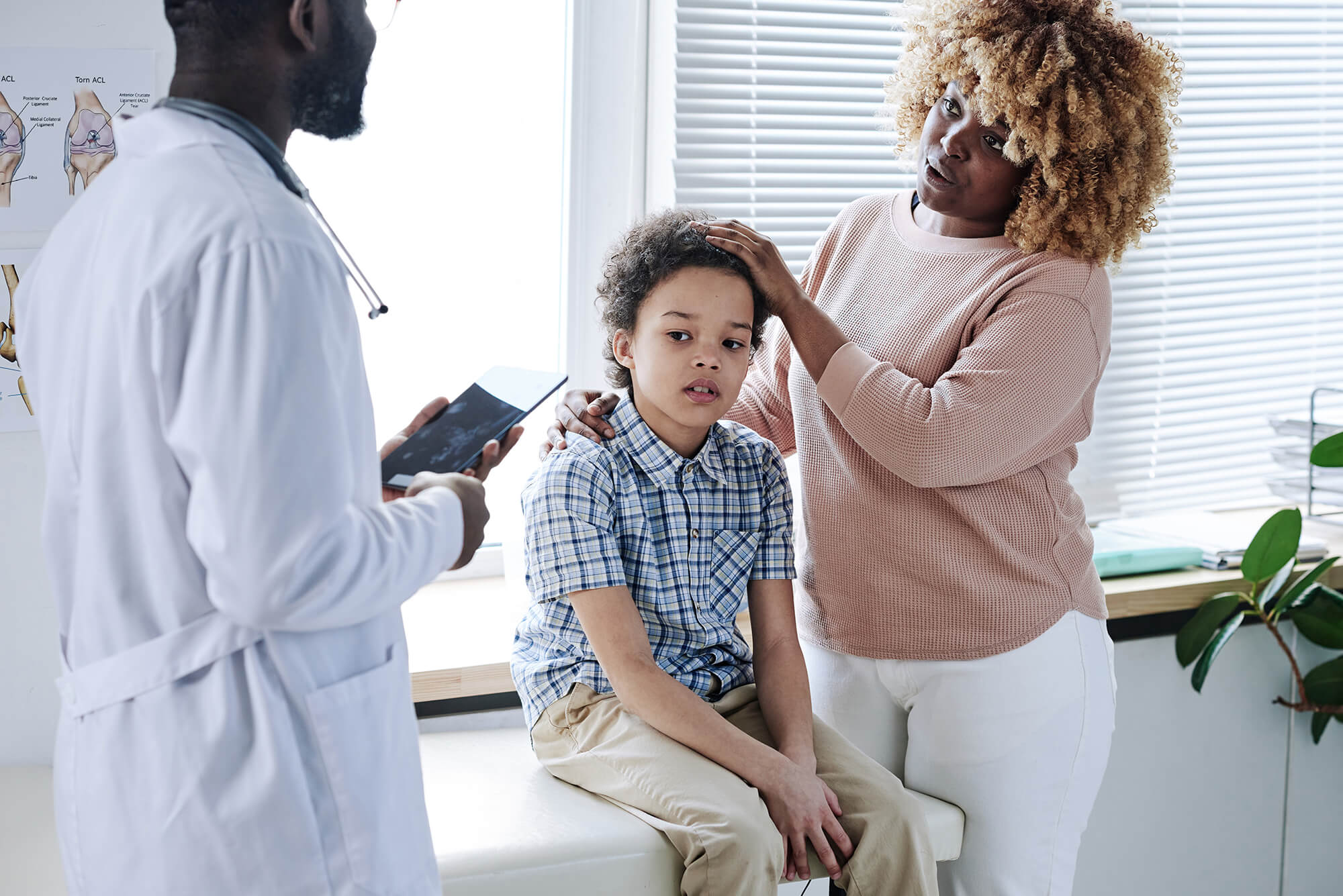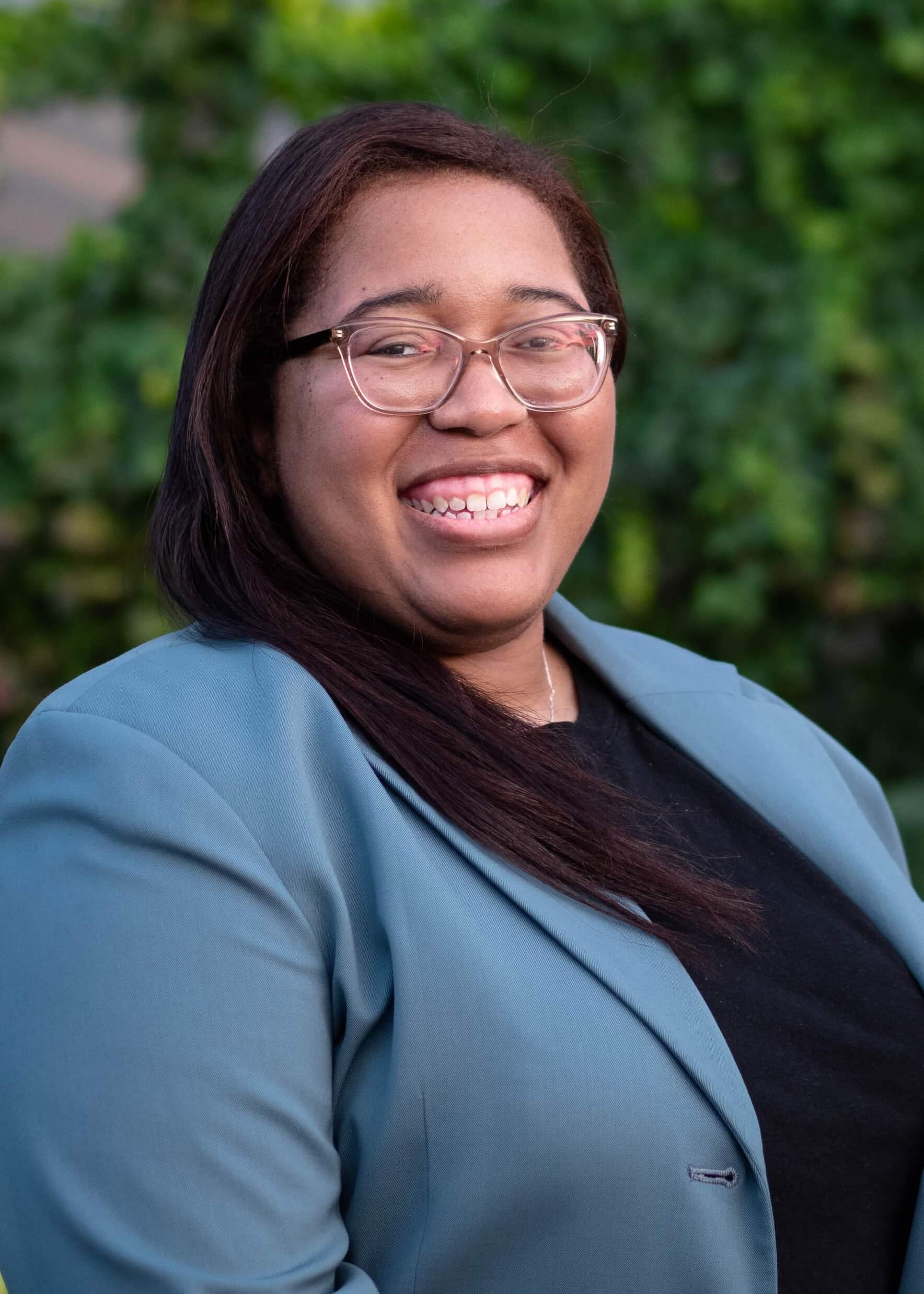
The human papillomavirus (HPV) infection is an infection that almost everyone will contract at least once in their lifetime, according to the Centers for Disease Control and Prevention (CDC). HPV is related to many types of cancer, including cervical, vulvar, vaginal, penile, anal, throat, and oropharyngeal (mouth) cancers. With this knowledge of the virus, research has shown that African American parents refuse or delay having their children receive the HPV vaccine.
Approved for people up to age 45 by the U.S. Food and Drug Administration, the FDA currently recommends children and adults ages 9 through 26 receive the HPV vaccine. A recently published article by lead author Ariel Washington, Ph.D., MSSW, community outreach and engagement scientist with the Office of Cancer Health Equity and Community Engagement (OCHECE) at the Barbara Ann Karmanos Cancer Institute, aimed to explain the perspectives of African American parents in not having their child vaccinated or deferring their vaccination.
Investigators used a focus group of 20 parents who are predominately African American and have children between 11 and 17 years old. The participating parents live in Detroit, Inkster and Flint. The participants have previously decided not to give their child the HPV vaccine or have delayed vaccination for the virus.
Investigators used a model called the Vaccine Hesitancy Determinants Matrix. This model was created by the Strategic Advisory Group of Experts on Immunization (SAGE), a vaccine and immunization advisory group to the World Health Organization.

Ariel Washington, Ph.D., MSSW
“The Vaccine Hesitancy Determinants Matrix helped us examine what factors impact vaccine decision-making,” explained Dr. Washington. “Using deductive content analysis, the team compared what the parents discussed in the group settings with the matrix.”
After analyzing qualitative data collected from the focus groups, the parents identified many reasons they delayed or denied the opportunity for their child to receive the HPV vaccine. Reasons included concerns about their child’s age, discrimination and mistrust of doctors because of their race and socioeconomic status, and vaccine safety.
“One recurring theme that emerged from the parents was how they often felt unheard and unable to ask questions regarding HPV vaccination. The factors found during this study allow researchers, health practitioners and parents to understand there may be personal and influential life experiences that can play a role in vaccine decision-making,” said Dr. Washington. “It is also apparent through this study that comprehensive conversations about HPV vaccination are important to have with parents. Future researchers and healthcare practitioners can use these results to tailor HPV vaccination education initiatives.”
The team’s study, titled “'Why is it so necessary?’: African American Parents’ Perspectives on Delaying and Refusing HPV Vaccination,” was published in the Journal of Pediatric Health Care in February 2023.
Co-authors of this study include Jasmine Chabaan, Ali Fakih and Yang Kim, research assistants; Maida Herrera, research support manager; and Hayley Thompson, Ph.D., faculty supervisor of the OCHECE, associate center director for Community Outreach and Engagement at Karmanos, professor of oncology and leader of the Center for Health Equity and Community Knowledge in Urban Populations (CHECK-UP) at Wayne State University. Sabrina Ford, associate professor at Michigan State University, Lisa Rutledge, special projects manager at Western Wayne Family Health Centers, and Jametta Lilly, CEO of Detroit Parent Network, are also co-authors of this study.
To access the study, click here.